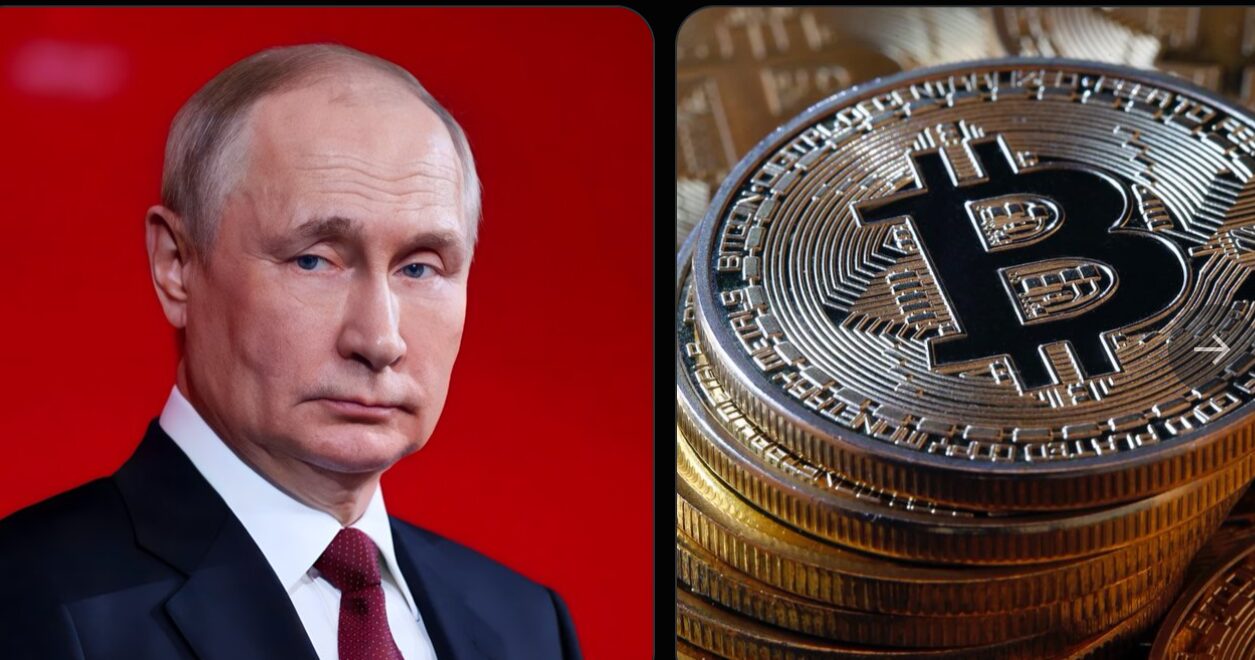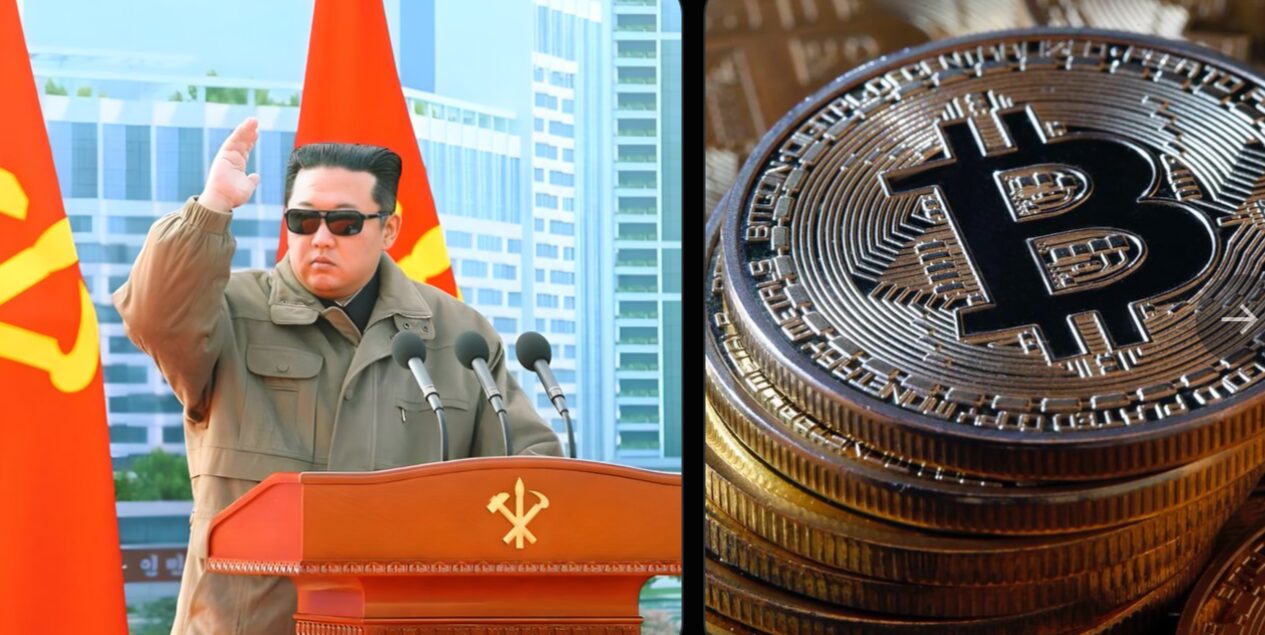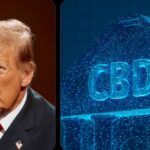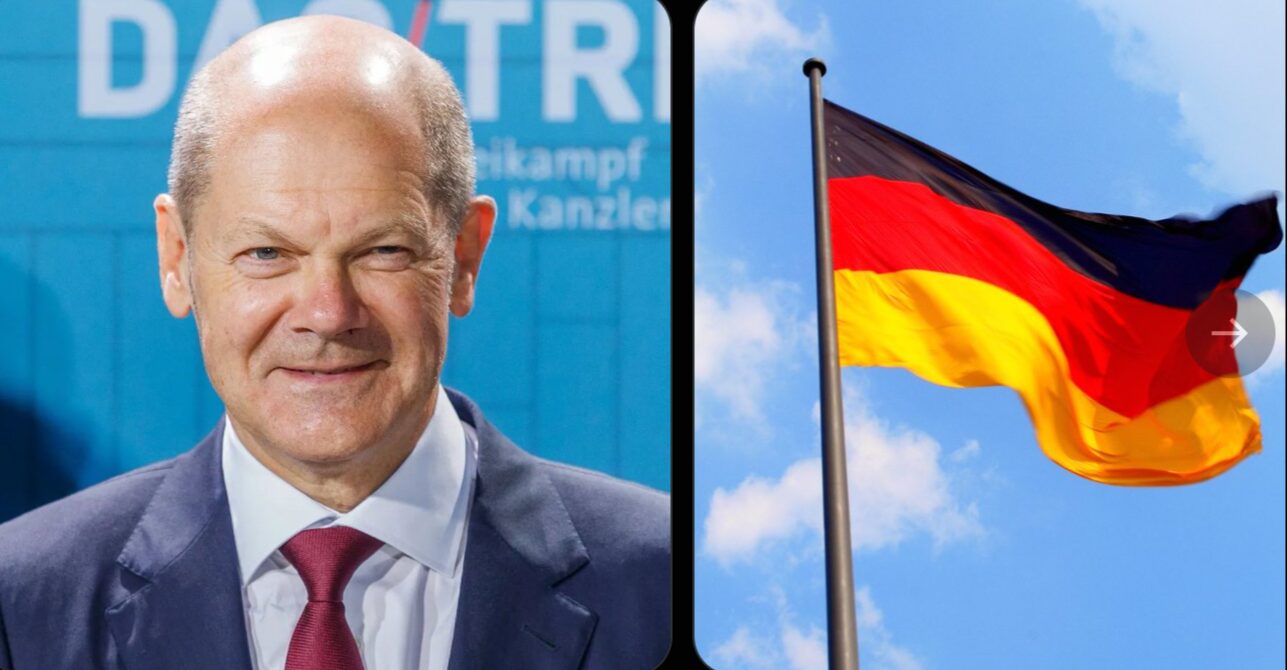President-elect Trump expected to issue executive orders related to crypto policies on his first day in office
President-elect Trump Expected to Issue Executive Orders Related to Crypto Policies on His First Day in Office
As the world prepares for a new administration under President-elect Donald Trump, all eyes are on the policies that will shape the future of the U.S. economy, technology, and digital innovation. One area that has been generating significant buzz in recent weeks is the future of cryptocurrency regulation. According to various sources, President-elect Trump is expected to issue a series of executive orders related to cryptocurrency policies on his very first day in office. This potential move has sent shockwaves through the crypto community, with industry experts speculating on how these changes could impact everything from Bitcoin to decentralized finance (DeFi) platforms.
In this blog post, we’ll explore what these executive orders could mean for the cryptocurrency market, what we know so far about Trump’s stance on crypto, and how investors and enthusiasts can prepare for the potential policy shifts that lie ahead.
What We Know About Trump’s Cryptocurrency Executive Orders
As of now, the details of the executive orders remain relatively vague. However, reports indicate that the incoming administration plans to take immediate action to establish a more comprehensive framework for cryptocurrency regulation in the U.S. This could include setting clear guidelines for digital currencies, regulating initial coin offerings (ICOs), and addressing concerns about anti-money laundering (AML) and combating the financing of terrorism (CFT) regulations.
The fact that cryptocurrency policies are expected to be a priority for the new administration signals that digital assets will continue to be a focal point for lawmakers and regulators. The Trump administration’s approach to crypto is expected to prioritize clarity and stability, ensuring that businesses and investors have a clear understanding of the legal landscape.
Trump’s History with Cryptocurrency
While President-elect Trump has not been known for directly championing cryptocurrency, his public comments have suggested that he is not opposed to the idea of digital currencies. In the past, Trump has acknowledged the growing interest in cryptocurrencies but has also raised concerns about their potential for misuse. His administration has taken a cautious but open-minded stance on blockchain technology and cryptocurrency as a whole.
It is important to note that Trump’s team has expressed interest in fostering innovation in the tech and financial sectors, which could extend to the cryptocurrency space. At the same time, Trump has also been vocal about his concerns over potential threats to the traditional financial system and national security, which could influence the regulatory approach he takes toward crypto.
Key Areas of Focus in Potential Crypto Executive Orders
While the specifics of the executive orders have not been released, several key areas of focus are likely to emerge based on industry trends and concerns. Here are some of the potential policies we can expect:
1. Clear Regulatory Guidelines for Cryptocurrency Businesses
One of the most significant challenges facing the cryptocurrency industry is the lack of regulatory clarity. Currently, cryptocurrency businesses operate in a gray area, with inconsistent regulations across states and confusion surrounding tax obligations, reporting requirements, and compliance with financial laws.
Under Trump’s leadership, the U.S. government may seek to create a more cohesive framework that sets out clear rules for businesses and investors alike. This could include establishing a federal regulatory body for cryptocurrency, simplifying licensing processes for crypto exchanges, and defining the legal status of digital assets like Bitcoin and Ethereum.
2. Anti-Money Laundering (AML) and Combatting the Financing of Terrorism (CFT) Regulations
A key area of concern for lawmakers has been the use of cryptocurrencies for illegal activities, such as money laundering and terrorist financing. Trump’s executive orders could focus on strengthening the enforcement of anti-money laundering (AML) and combating the financing of terrorism (CFT) regulations within the cryptocurrency sector.
This could include implementing stricter Know Your Customer (KYC) requirements for crypto exchanges and wallet providers, as well as ensuring that digital asset transactions are adequately monitored to prevent illicit activities. This move would align with global efforts to ensure that cryptocurrencies are not used as tools for illegal financial activities.
3. Taxation and Reporting Requirements
The tax treatment of cryptocurrencies has been an ongoing issue, with many investors and businesses unsure of how to report their holdings and earnings. Trump’s administration may seek to clarify how digital assets should be taxed, creating more straightforward guidelines for reporting cryptocurrency transactions.
This could include clearer rules on capital gains taxes, income from crypto investments, and the treatment of virtual currencies for tax purposes. Clear tax guidelines would reduce uncertainty and help investors and businesses avoid tax-related penalties.
4. Blockchain and Innovation-Friendly Policies
While Trump’s administration may focus on regulation, it is also likely that there will be a push to promote blockchain innovation. Blockchain, the technology underlying cryptocurrencies, has numerous applications beyond digital currencies, from supply chain management to secure voting systems.
Trump may issue executive orders that encourage innovation in blockchain technology by creating incentives for research and development, promoting collaboration between the private sector and government, and supporting startups and initiatives within the blockchain space. Such policies could lead to advancements in the use of blockchain technology in areas such as healthcare, finance, and government services.
5. Stablecoin Regulation
Stablecoins, cryptocurrencies pegged to traditional assets like the U.S. dollar, have been rapidly gaining popularity. As these digital assets continue to grow in use, regulators are taking a closer look at how to ensure they operate safely and effectively within the broader financial system. Trump’s executive orders could address how stablecoins should be regulated to ensure their stability, prevent fraud, and protect consumers.
This could include oversight of stablecoin issuers, liquidity requirements, and rules to prevent market manipulation or sudden devaluations that could impact the economy.
What This Means for Crypto Investors and Enthusiasts
The potential executive orders from President-elect Trump could have a profound impact on the cryptocurrency market. For investors and enthusiasts, the new regulations could provide much-needed clarity and stability, potentially leading to increased confidence in the market.
However, some market participants may feel that increased regulation could limit the flexibility and anonymity that cryptocurrencies offer. The introduction of stricter anti-money laundering and KYC rules could impact privacy-focused cryptocurrencies, while businesses may face higher compliance costs.
Despite potential challenges, many in the crypto space view regulation as a necessary step for mainstream adoption. Clear rules and policies could lead to greater institutional involvement, attracting more investors and businesses into the cryptocurrency ecosystem.
The Bigger Picture: Crypto’s Place in the Global Economy
Trump’s expected actions regarding cryptocurrency could also have broader implications for the global economy. As one of the world’s largest economies, the U.S. plays a crucial role in setting the tone for how digital currencies are treated by other nations. If the U.S. takes a proactive and regulated approach to crypto, other countries may follow suit, creating a more unified global regulatory environment for digital assets.
At the same time, how the U.S. approaches cryptocurrency will also influence its relationship with other financial systems, including central banks and global institutions like the International Monetary Fund (IMF). These developments will shape the future of digital finance and its role in the broader economy.
Conclusion
As President-elect Trump prepares to take office, all eyes are on his expected executive orders related to cryptocurrency. While the specifics remain unclear, it’s evident that the Trump administration is prepared to address the growing importance of digital currencies in the modern financial system. The impact of these potential policies could be far-reaching, affecting everything from crypto business operations to how individuals invest in and use digital assets.
For crypto enthusiasts, businesses, and investors, the upcoming regulatory framework may offer new opportunities and challenges. As the market continues to evolve, one thing is certain: the next few months could see a pivotal moment in the ongoing journey of cryptocurrency in the United States. Stay tuned as the story unfolds!















Post Comment